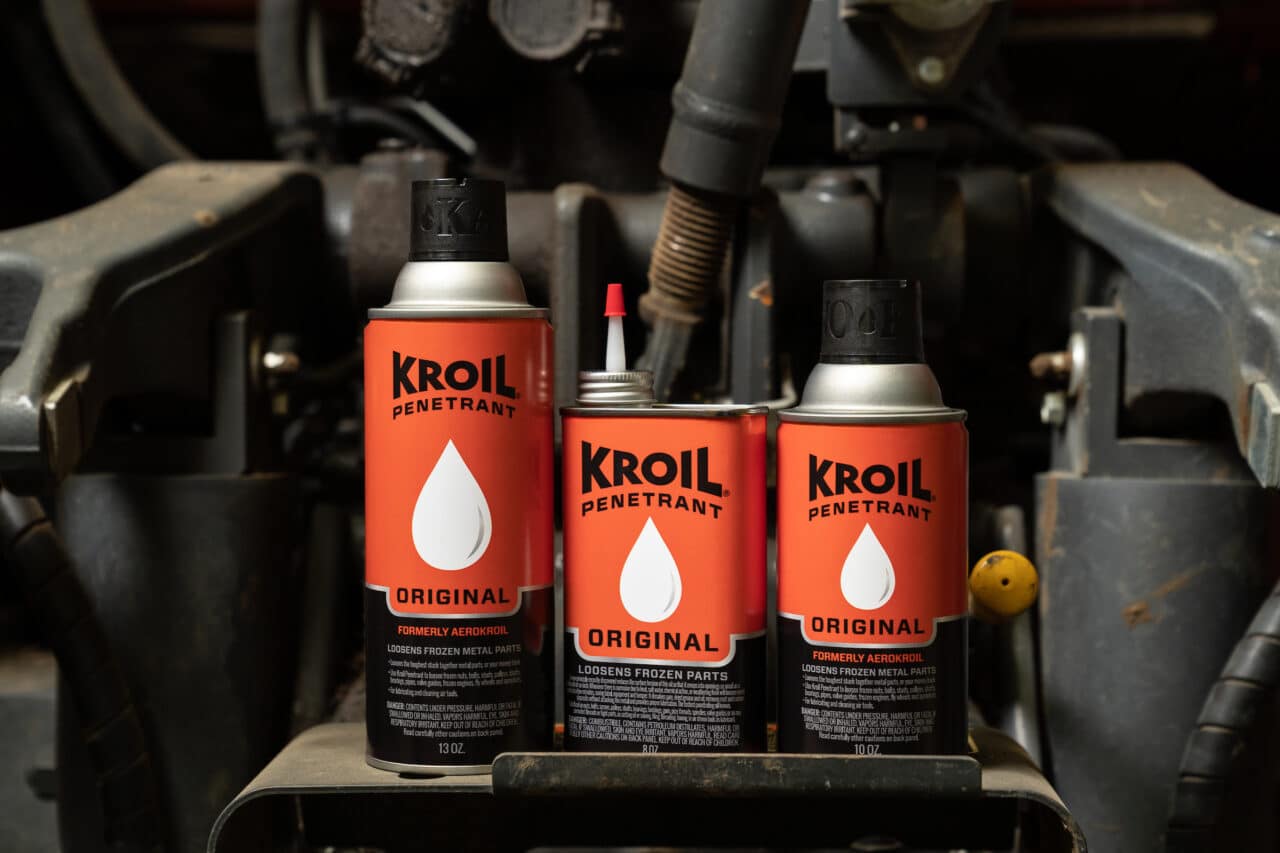Unlocking the Power of Penetrating Oil: How It Works and Its Key Uses

In the world of mechanical maintenance and metalworking, penetrating oil plays a crucial role in ensuring smooth operations. Despite its widespread use, many people remain unaware of what penetrating oil truly is, how it works, and why it is an essential tool for both professional and home applications. This article explores the science behind penetrating oil, its various applications, and why it is indispensable for maintaining metal surfaces and machinery.
Understanding Penetrating Oil
Penetrating oil is a type of lubricant designed to seep into tight spaces between metal parts, loosen rusted or corroded components, and reduce friction. Unlike standard lubricants that primarily coat surfaces, penetrating oil has a low viscosity that allows it to penetrate microscopic gaps and joints. This property makes it ideal for situations where conventional oils or greases are not effective.
At a molecular level, penetrating oil contains small molecules that can slip between metal surfaces, breaking down corrosion and freeing stuck components. This ability to penetrate and loosen rusted fasteners is why penetrating oil is a staple in workshops, garages, and industrial settings.
How Penetrating Oil Works
The effectiveness of penetrating oil lies in its unique combination of properties. Its low viscosity enables it to flow easily into tight spaces, while additives such as rust inhibitors and anti-oxidants protect metal surfaces from further corrosion. When applied to a rusted or stuck bolt, nut, or hinge, the oil works by:
- Seeping into Micro-Gaps: The oil flows into even the tiniest spaces between threads or moving parts, reaching areas that are difficult to access.
- Breaking Down Rust: Special additives in penetrating oil help to dissolve oxidation, weakening the bond between rusted surfaces.
- Lubricating Metal Surfaces: Once the rust is loosened, the oil forms a thin protective layer that reduces friction and allows components to move smoothly.
This combination of penetration, corrosion inhibition, and lubrication makes penetrating oil an invaluable tool for anyone dealing with metal maintenance.
Common Applications of Penetrating Oil
Penetrating oil has a wide range of uses across different sectors. Its versatility allows it to be applied in simple home repairs as well as heavy-duty industrial operations. Some of the most common applications include:
- Automotive Repairs: Penetrating oil is widely used to loosen rusted bolts, nuts, and screws in vehicles. It is particularly effective for exhaust systems, engine components, and suspension parts that are exposed to moisture and corrosion.
- Home Maintenance: Hinges, locks, and other household hardware often become stiff or stuck over time. Applying penetrating oil helps restore smooth movement and prolongs the life of these components.
- Industrial Machinery: Factories and production facilities rely on machinery with tight metal fittings. Penetrating oil ensures minimal downtime by keeping these components free from rust and corrosion.
- Metalworking Projects: When working with aluminum, steel, or other metals, penetrating oil can facilitate assembly and disassembly, especially when parts are tightly fitted or have experienced some oxidation. The best penetrating oil for aluminum is specially formulated to prevent chemical reactions that could damage the softer metal.
Why the Best Penetrating Oil for Aluminum Matters
Aluminum is a lightweight and corrosion-resistant metal, but it can still be vulnerable to seizing when exposed to certain conditions. Using penetrating oil specifically designed for aluminum ensures that the metal remains unharmed while loosening stuck components. These oils are formulated to provide the necessary lubrication without causing pitting or discoloration, which can occur if standard penetrating oils are applied.
Benefits of Using Penetrating Oil
There are numerous advantages to incorporating penetrating oil into maintenance routines, both at home and in industrial settings. Key benefits include:
- Time Efficiency: Tasks that might take hours to complete manually can be accomplished more quickly with penetrating oil. Rusted bolts and nuts can be loosened without excessive force, saving time and reducing wear on tools.
- Cost Savings: By extending the life of components and reducing the need for replacements, penetrating oil contributes to significant cost savings. This is particularly important in industrial applications where machinery replacement can be expensive.
- Enhanced Safety: Stuck or corroded parts can pose safety risks. Penetrating oil minimizes these risks by allowing components to move freely, reducing the likelihood of breakage or accidents.
- Versatility: Penetrating oil is suitable for various metals and components, making it a universal tool in maintenance and repair kits. Its ability to work on aluminum, steel, brass, and other metals enhances its utility.
- Corrosion Prevention: Beyond just loosening rusted parts, penetrating oil often contains protective agents that prevent further oxidation, ensuring long-term protection for metal surfaces.
How to Use Penetrating Oil Effectively
To maximize the benefits of penetrating oil, it’s essential to apply it correctly. Here are some best practices:
- Clean the Surface First: Remove any dirt, grease, or loose rust before applying the oil. This allows the oil to penetrate effectively.
- Apply Generously: Spray or pour the oil generously onto the rusted or stuck component. Ensure it covers all affected areas.
- Allow Time to Work: Penetrating oil often requires a few minutes to seep into tight spaces and break down rust. In stubborn cases, letting it sit for several hours or even overnight may be necessary.
- Use Tools Carefully: Once the oil has penetrated, use appropriate tools to loosen the component gently. Avoid excessive force, which could damage the part.
- Wipe Excess Oil: After loosening the component, wipe off excess oil to prevent dirt accumulation and maintain cleanliness.
Penetrating oil is a remarkable solution for anyone dealing with rusted, stuck, or tight metal components. Its unique ability to penetrate, lubricate, and protect metal surfaces makes it indispensable in automotive repairs, home maintenance, and industrial machinery. For softer metals like aluminum, choosing the best penetrating oil for aluminum ensures effective loosening without causing damage.
By understanding how penetrating oil works and applying it correctly, you can save time, reduce costs, and extend the life of your metal components. Whether you are a professional mechanic, a DIY enthusiast, or an industrial operator, penetrating oil remains a reliable and essential tool in your maintenance arsenal.










